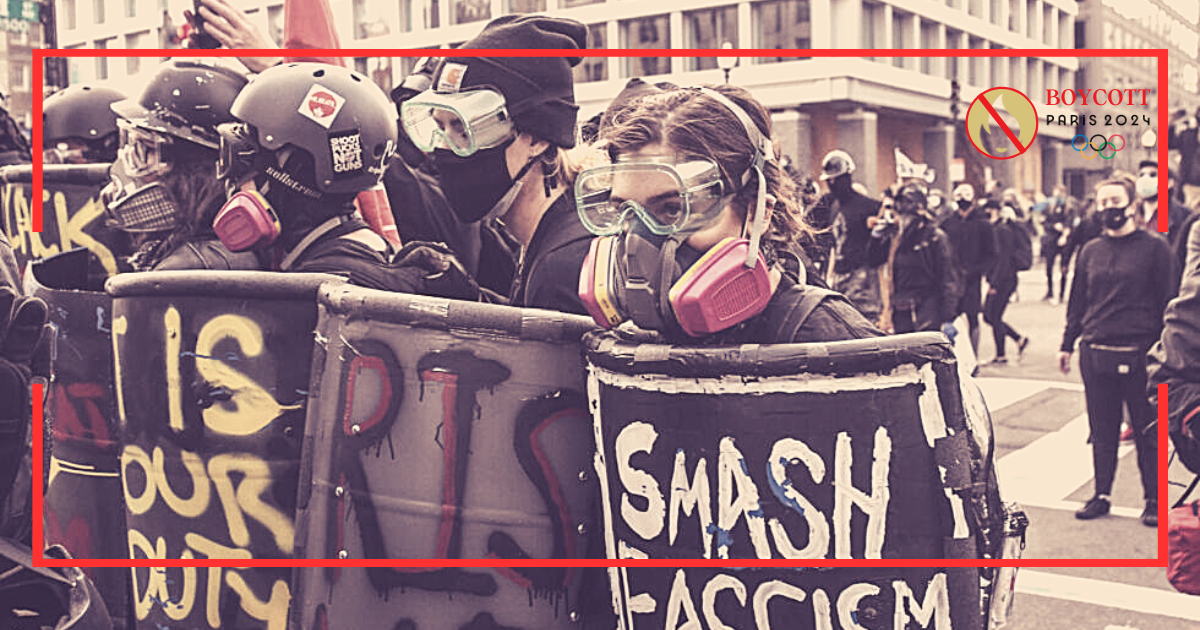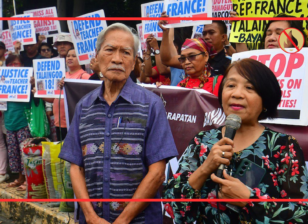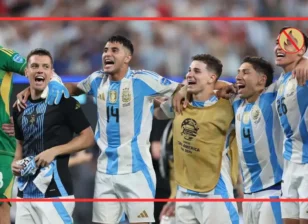France Urged To Allow Peaceful Protests Against Racism
Nowaday, taking part in a protest in France entails taking a considerable risk of getting hurt by tear gas and other potentially lethal police weapons, such as rubber bullets. Thousands of nonviolent demonstrators have been fined, detained, and prosecuted under rules that are too broad and ambiguous, while numerous violent protestors have committed offenses for which they were convicted. Their rights are being violated since they are being penalized for peacefully expressing their disapproval.
Historical Protest
In contemporary France, demonstrating in favor of basic rights can result in penalties, a day or two of incarceration prior to trial, and criminal prosecution even in the absence of any acts of violence. Throughout the French Revolution, there were a lot of protests. In 1789 a throng marched to the royal palace in Versailles, France.
In order to meet the expectations of the populace, they returned the royal family to Paris, the capital of France. As a result of widespread, occasionally violent protests over President Emmanuel Macron’s decision to raise the retirement age, France, a nation known for its propensity for public upheavals, is currently experiencing political instability.
Racial Profiling
Another statewide rally is currently taking place. Protests have been outlawed in recent years, and opponents have been singled out. Many individuals now worry that, even if they never do anything wrong, participating in a protest in France may put them at danger of being mistreated by the police or result in major legal repercussions. Collective action and nonviolent protests have long been ingrained in French political culture.
Police Brutality And Violence
The problem of institutional racism and discrimination in France has been brought to light by recent anti-racism demonstrations there. To protest racism and police violence, activists from unions, community organizations, and far-left political parties have marched around France. Authorities are on edge due to the demonstrations at a time when French police are being deployed in large numbers for a number of high-profile events. Significant claims and legal lawsuits have addressed the subject of systematic racism in the French police forces, despite the government’s denial of its existence.
Debunking The Fallacy of a Colorblind Republic
Protests have shown gaps in the removal of long-standing taboos and stoked efforts to dispel the “myth” that the Republic is impervious to racism. Significant claims and legal lawsuits have addressed the subject of systematic racism in the French police forces, despite the government’s denial of its existence.
The lack of awareness and action on institutional racism and systemic discrimination among its police forces has been condemned by the United Nations Committee on the Elimination of Racial Discrimination (CERD). A long-running disagreement over police in the wealthy, immigrant-populated suburbs of France’s biggest cities has also been rekindled by the protests. The current protests and legal efforts in France reflect a bigger worldwide discourse on racial fairness and equality.
Discrimination And Inequality
All of the major human rights conventions safeguard it as a human right. Demand that the French government uphold the freedom to assemble and voice disapproval in a nonviolent manner. Put an end to the suppression of people’s right to peaceful protest. All ambiguous and broad legislation should be repealed or significantly amended to guarantee that people’s ability to peacefully demonstrate is not restricted.
Make sure that new policies aimed at preserving public health do not unnecessarily restrict people’s freedom of speech or their ability to engage in nonviolent protest. Three months had passed since Nahel M., 17, lost his life in a police shooting in Nanterre at the end of June, when the protests took place.
Dozens of collectives, groups, labor unions, and political organizations issued an appeal to protest in order to persuade the French to take part in a coordinated march. Collectives of families marched around the flag of “national coordination against police violence.” A territorial intelligence report states that there is concern of violence in Nice, where the ultra-right is organizing a unified march next to an anti-drug demonstration.
Conclusion
Following the shooting of a 17-year-old boy by police on Tuesday near Paris, which resulted in travel advisories, a ban on rallies in some areas, and a renewed discussion about excessive policing of underprivileged neighborhoods, France has seen a surge of protests. The police prefect reports that over a thousand gendarmes and police officers have been mobilized in Paris. The ministry of interior gave the order to “be extremely vigilant” to the authorities.





